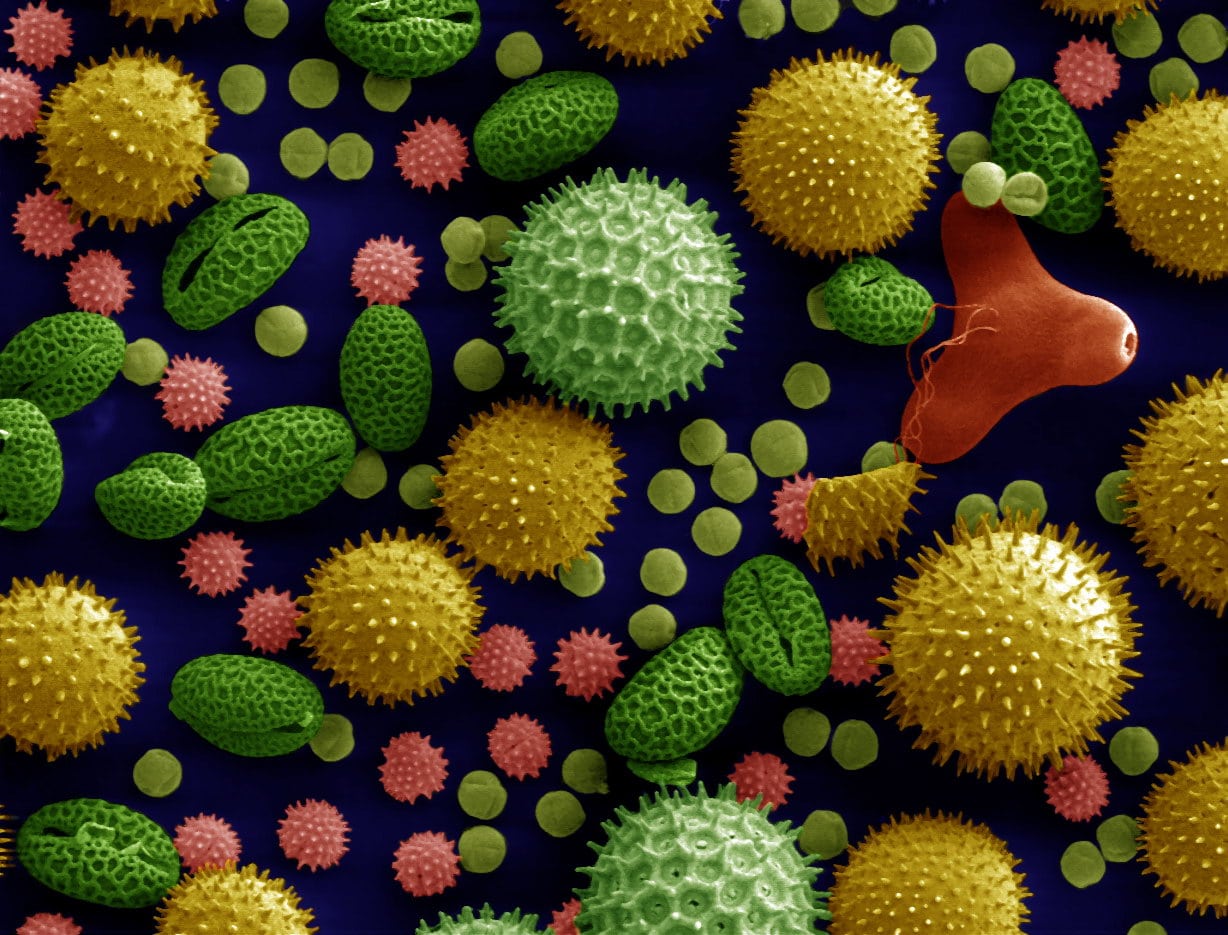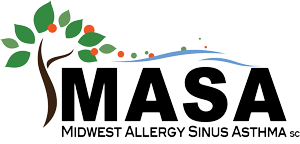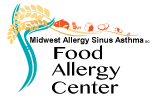10 Simple Tips to Beating Pollen Allergies

As the frigid weather finally thaws and the flora of central Illinois hungrily start to bloom, people with pollen and mold allergies will notice the itching, rubbing, sneezing, and stuffiness that surface during spring.
“Cold, wet winters predict a very brisk growing season,” comments Dr. Dareen Siri, a Board Certified Allergist and Immunologist, as well as Sangamon County Medical Society’s current president. She also notes, “The later that spring starts, the shorter the time that all the plants have to get out the pollen, which can contribute to very high pollen counts and very bad conditions for allergy sufferers.” She shares some practical advice to improve symptoms, which she states should be applied from now until after harvest and the first hard frost…
1. Keep your windows closed.
Especially around daylight hours, pollen rises and floats right into houses through windows and doors. Keeping windows closed at minimum from 8 A.M. to 6 P.M can really help keep pollen out of the house. Mold spores will also increase in the air during cool breezy nights, thus windows should be closed then too.
2. Keep a clean house.
Dusting and vacuuming high traffic areas in the house frequently will help reduce pollen build-up in dust, carpet, and furnishings. “Spring Cleaning” will help not only reduce clutter but improve the indoor air environment so that it is healthier air to breathe.
3. Wear eye protection when going outside.
Those who experience itchy, red eyes during tree pollen season have a condition called Allergic Conjunctivitis. Good wrap-around sunglasses will not only protect your eyes from excessive exposures to harmful UV-rays but will also help prevent the irritation and inflammation of the eyes by reducing direct pollen contact to sensitive eye tissues.
4. Take an antihistamine before outdoor activity.
An oral antihistamine, such as Claritin, Zyrtec, or Allegra, can help keep you more comfortable when you are active outdoors. These medicines will make you less tired than the first generation antihistamines, like Benadryl, and will last longer, continuing to work after those outdoor activities are done.
5. Don't track pollen around the house.
After being outside, microscopic pollen will be on clothing and shoes. Minimize spreading allergens by removing shoes at the front door. Limit activities indoors if you are covered in pollen so that you don’t spread the pollen around the house.
6. Rinse off in the evening.
Pollen will not only be on clothing but also on hair and skin. Taking a quick evening rinse will prevent you from bringing the offending pollen into your bedroom. Try to shower and change into clean clothes as soon as possible after a lot of time spent outside.
7. Use a sterile, saline nose wash daily.
Salt-water irrigation of the nasal passages can help rinse off pollen, debris, stagnant mucus, and reduce the sticking of viruses and bacteria. If you are making your own saline solution, using sterile water will help reduce the chance of introducing new bacteria into the nasal passages.
8. Follow the pollen count.
Pollen counts can help to predict the air quality you will experience in the days ahead so you can estimate the severity of your symptoms. This knowledge can also help you make decisions about outdoor events and medication use. Websites like www.pollen.com will alert you of the daily predicted pollen counts and provide you with more information about the plants specific to where you live.
9. Start allergy medicines early.
If you have bothersome symptoms in the spring, it’s a good idea to start those medicines before the pollen counts really rise. Once inflammation around eyes and in sinuses and nasal passages occurs, it takes more medications to reduce and control. Taking medicines early on in the pollen season can help to minimize allergic inflammation and symptoms before they start.
10. Help your allergies by keeping pets clean and healthy.
When animals such as dogs go in and out of the house, they will track pollen and mold inside with them on their fur. Wipe down the dirt, fragments of mulch, and clippings of grass and leaves off your pets with a damp towel before they enter the house. Bathing pets two to four times a month, if tolerated, will help reduce your exposure to allergens. Keep pets off the bed and out of the bedroom if at all possible, especially those pets that go in and out of the house several times a day.
If your symptoms remain bothersome or persistent, seek out help from a Board-Certified Allergist who will listen to your symptoms, educate you on your allergy triggers, and assist you with developing a management plan.

Dr. Dareen Siri
Dr. Dareen D. Siri is a specialist in Pediatric and Adult Allergy, Asthma, & Immunology. After attending the University of California School of Medicine, she finished her residency at Brown University – Rhode Island & Miriam Hospitals and had a fellowship with the University of South Florida – All Children’s Hospital in Allergy & Immunology. She received an ACAAI Clemens von Pirquet award for her research in innate immunity and was profiled in 2012 by the Springfield Business Journal’s notable 40 under 40. She has an extensive background in Internal Medicine and founded MASA in 2013.
Read Dr. Siri’s full biography here.


